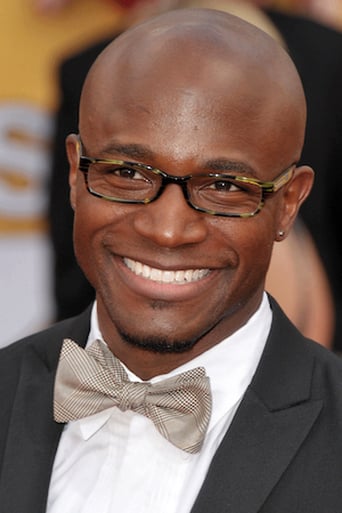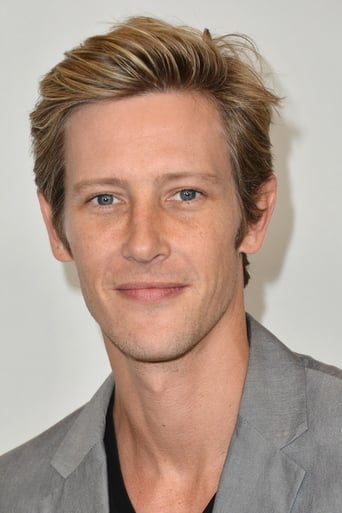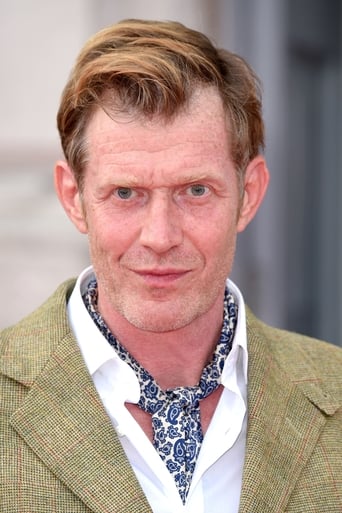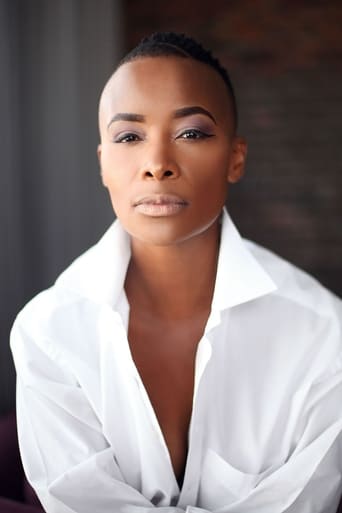ChanBot
i must have seen a different film!!
Odelecol
Pretty good movie overall. First half was nothing special but it got better as it went along.
Dynamixor
The performances transcend the film's tropes, grounding it in characters that feel more complete than this subgenre often produces.
Anoushka Slater
While it doesn't offer any answers, it both thrills and makes you think.
kmserlin
I saw this at the Mill Valley Film Festival and was fascinated by the story and setting. The very few other films I've seen that deal with apartheid (and I can't think of even one off-hand!) that lets you see what black Africans in the regime might be doing for a living outside of being servants or aides-de-camp to heroic white characters. I agree with earlier comment that some scripting is clichéd, but the actors live their roles and the movie never descends into sappy or manipulative until the final sequence. GREAT soundtrack of 50s jazz by a group of South African musicians including some who actually played in the types of Sophiatown joints depicted in the film.At the film festival, a producer said in all likelihood this will not get US distribution, which is a terrible shame, especially for one of the lines of reasoning (I quote): "Distribution companies don't think audiences will come to see Taye Diggs in a non-romantic role." Henry is a wonderfully romantic character, full of bravado and sexual charisma.
recieveadelux
I saw this film recently and could not fail to be very badly disappointed. Taye Diggs turns in one of the worst, most arrogant performances I have seen in a long time. He seems to display a total lack of sensitivity for the character and the material. You can almost see the other actors cringe. Why? What was the point in casting an Amrican who can't act to play a South African icon? Did they really think that an actor of his standing could sell this film internationally? It has all the makings of a decent film, but from the script to the casting, every opportunity was thrown away! The setting and photography are good and the music is vibrant.
baho-1
In South Africa in the 1950's, young journalist Henry Nxumalo helped fashion the magazine Drum into an outspoken voice against the repressive and dehumanizing effects of apartheid. Director Zola Moseka tells his story, from the lively Harlemesque nightlife of Sophiatown to the courageous infiltration of the farms and prisons outside of Johannesburg.Taye Diggs gives a moving and multi-dimensional portrayal of Henry, supported by surprisingly strong performances from the entire cast. The film is shot completely in South Africa, and the sets and backdrops make for a much more believable period piece than you would expect to see from its $5 million budget.One could argue that the movie too often uses an easy cliché and forced screen writing to keep the story tidy. But nevertheless, Drum manages to both educate and entertain. Those of us not intimately familiar with apartheid will find our eyes opened by the parallels to the civil rights struggles of our own country. At the same time, the story of Henry Nxumalo makes for a compelling narrative, and Moseka tells it with honesty and compassion.
James McNally
I saw this film at the 2004 Toronto International Film Festival. Drum is the story of Henry Nxumalo, a journalist for South Africa's pioneering Drum magazine. Set in the mid-1950s, the film attempts to recreate the ambiance of Sophiatown, an area of shops and nightclubs in central Johannesburg that has been compared to Harlem during its Renaissance. Henry is at first content to write sports stories for the magazine, until the gradual encroachment of apartheid laws threatens his beloved neighbourhood. Henry's politicization leads to confrontations with the authorities and to a predictable end.Overall, I don't feel like I have much to complain about. It's just that, well, I think I expected more punch. I'm a veteran of many films and plays dealing with South African history, but most of them (Cry Freedom and the under-appreciated Barbara Hershey vehicle A World Apart, for instance) deal with the political awakening of white liberal South Africans, and have been directed by white, often foreign, directors. Even so, I found them powerful and inspiring. Naturally I expected that a film about a genuine black hero directed by a young black South African director would be even more powerful and affecting. And this one just wasn't. Clearly, the casting of American Taye Diggs in the role of Henry has a little bit to do with it. His casting tells me that the director wanted to make a commercial film, and with that comes some inevitable trade offs. The film feels too short and hurried to make Henry's transformation convincing. His relationships with his wife, boss, and colleagues were surely an integral part of the story, and yet they feel superficial here. At the Q&A after the film, Diggs even admits that he still feels the part should have gone to a South African actor. The director countered that "women dig Taye Diggs" and that his presence would "put bums in seats." Enough said about that.The music, though, stands out and almost succeeds in elevating the film. Granted, it is pretty hard to mess up the music in a South African film, and here there is a fine mix of township jazz and mournful hymns that hints at what life in Sophiatown must have been like.In summary, the film was competently written, directed, shot and acted. But it feels a little bit like a missed opportunity. Apart from the two films I mentioned above, you really should see the one-woman play The Syringa Tree (by Pamela Gien) if you ever get the chance. That play, performed by one woman on a nearly bare stage, has left indelible images in my mind that no film can ever match.(7/10)



